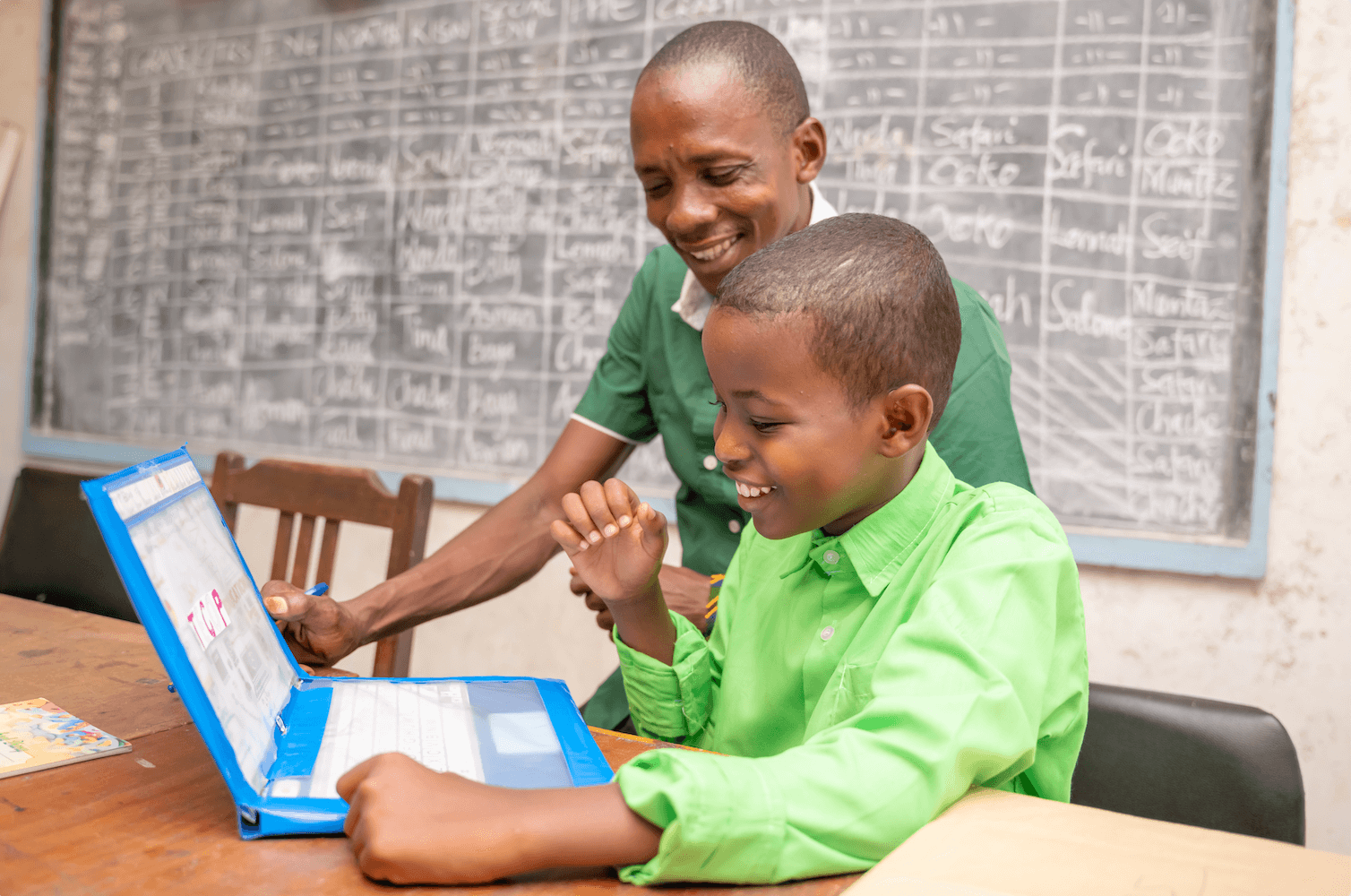We are pleased to announce that applications are now open for the Schools2030 Global Call for Research 2023. We’re excited to work with new research teams to learn more about how quality learning environments impact on students’ holistic learning outcomes, and to explore how we should consider teacher agency and its relation to education innovation in different contexts.
With generous support from the Jacobs Foundation, Schools2030 has funded two cohorts of Global Research Partners since launching the programme in 2020. This diverse cadre of researchers have been helping us understand how and what children are learning through their participation in the programme with a particular focus on exploring equity during its inception phase.
Our third Global Call for Research focuses in on two key sub-themes that have emerged from our programme implementation and that have been highlighted by key stakeholders amongst the Schools2030 eco-system. We are looking to partner with dynamic and innovative research teams to help us address the following questions:
- How does the quality of formal and informal learning environments impact students’ acquisition of knowledge, skills, attitudes and values?
- How should we understand “teacher agency” in different contexts? What is the interaction between teacher agency and innovation at the classroom, school and system levels of the education ecosystem?
In particular, this call is driven by an interest to understand what factors are enabling or hindering teachers to nurture inclusive learning environments and exercise agency to adopt innovative educational practices, and in turn how we at Schools2030 can better support teachers through the programme.
Quality learning environments and holistic learning outcomes
Supporting teachers to cultivate more inclusive learning environments is integral to our programme. We do this through introducing human-centred design approaches that encourage innovative, child-centred pedagogical practices in the classroom, with the ultimate aim of improving holistic learning outcomes. Nevertheless, we recognise that holistic learning is activated beyond the realms of formal instruction time and are therefore interested in exploring how our existing suite of tools, resources and training to support teachers to nurture inclusive learning environments may better leverage holistic learning opportunities outside the classroom.
Teacher agency
We believe that enhancing teachers’ capacity to measure, design and implement education innovations in the classroom, as well as increasing opportunities for teachers to engage in education sector dialogue are key pathways to achieving SDG4. Nevertheless, there is a need to delve deeper into what is meant by “teacher agency”, how this is valued and perceived in different contexts, and how teacher agency does (or does not) lead to improved classroom practice. We are therefore interested in developing our thinking around how we conceptualise teacher agency and how we should promote this across different Schools2030 contexts.
We greatly look forward to receiving applications from diverse global scholars to generate evidence in partnership with our programme and look forward to welcoming new members to our Schools2030 community of researchers working alongside technical partners, practitioners, national and global teams.
Find out more about the Global Call for Research and further details on how to apply here.
